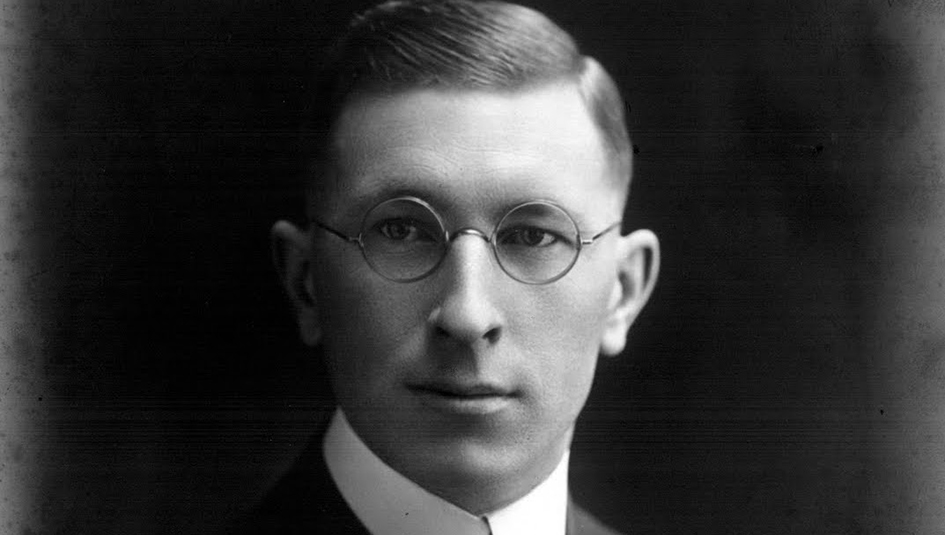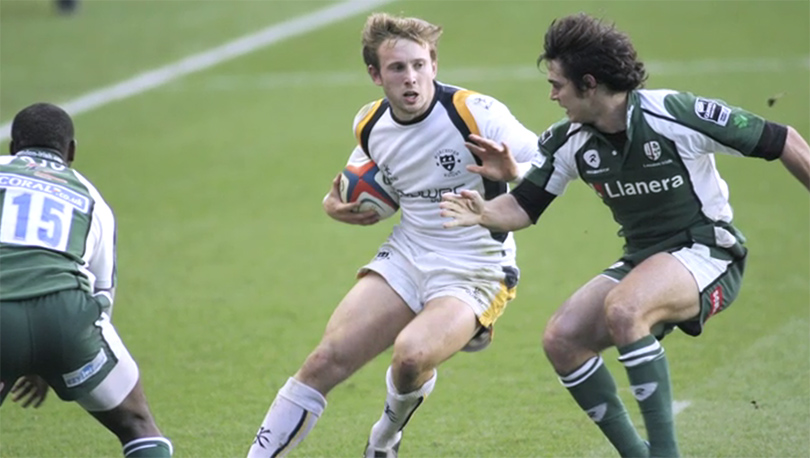Why Coffee Raises Your Blood Sugars
Caffeine may be essential to your life but understanding its impact on your energy and blood sugars is critical to your diabetes management

You are not alone if you view your morning cup of coffee as a magical gulp of happiness.
Coffee is such a strangely wonderful thing. So many of us across the globe feel as though we can’t start our day without it — and that’s not such a bad thing in small quantities, right?
For people with type 1 diabetes, coffee is still magical…but it can also be a little tricky.
Let’s take a look at why and how coffee can quickly spike your blood sugar.
How does caffeine give you “energy”?
We tend to think of the caffeine in coffee as the source of our morning energy. That caffeine must run through our bloodstream and make us feel awake and ready for the day, right?
Wrong. That’s not how it works!
Caffeine gives you energy in three ways
- The first is by blocking adenosine receptors (AR) from binding to your cells. Normally, when AR binds to your cells, it slows down their activity to help you, for example, fall asleep at bedtime. By blocking the normal relationship between AR and your cells, caffeine actually increases cell activity.
- Secondly, caffeine also increases the effects of other energizing things produced by your brain: serotonin, dopamine, and acetylcholine.
- Lastly, caffeine increases your body’s release of catecholamines — one of which is adrenaline. And this is the primary reason a cup of caffeine can significantly raise your blood sugar
How does caffeine raise your blood sugar?
Caffeine signals your brain to release or produce adrenaline — often referred to as the “fight or flight” hormone that helps you endure stressful events like a competitive sport, a car crash, or even a rollercoaster ride.
Adrenaline makes your heart beat faster, increases your muscle’s ability to contract, and tells your liver to release some of its stored glucose to give you energy.
That stored glucose is then released into your bloodstream — but for those of us with diabetes, we don’t produce additional insulin to accompany the extra glucose.
And thus, you can easily see your blood sugar spike by 100 points from a simple cup of black coffee.
What can you do about it?
As usual, everyone’s diabetes is a little different. You may find that a cup of coffee on its own doesn’t spike your blood sugar, but two or three cups of coffee definitely do.
Or you may find that drinking coffee in the morning doesn’t spike your blood sugar but drinking coffee in the afternoon does.
Personally, I already take one unit of insulin in the morning to compensate for the blood sugar spikes from those pesky “dawn phenomenon” hormones — whether or not I also drink coffee.
I also know that my body can tolerate one cup of black coffee in the morning, but more than one cup leaves me extremely jittery and with more stubborn blood sugars throughout the entire morning. And lastly, if I were to drink coffee in the afternoon, it would easily spike my blood sugar 100 points.
Morning Moderation
Coffee’s impact on your blood sugar is increased by what else is in your coffee — sugar, milk, etc.
If your blood sugar spikes in the early morning hours, it may be hard to differentiate whether it’s the result of coffee or dawn phenomenon hormones, but regardless, it means your body needs more insulin in the morning.
You can pinpoint which is causing what by skipping your usual coffee for one day (just one day, you can do it!) and see if your blood sugar still rises. This would tell you that regardless of coffee, you need insulin for those morning hormones.
Then add coffee back in, and see if you need additional insulin to cover the effects of caffeine.
It is important to note that decaf coffee contains only a smidge of caffeine. Thus, for most people, decaf coffee will not create a rise in BG.
Most adults with type 1 diabetes need more insulin in the morning hours compared to other times of the day. This isn’t a bad thing, but it does mean you need to purposefully take more insulin.
Caffeine consistency
The most helpful thing you can do around coffee and morning insulin management is to be consistent. Drinking 1 cup of coffee on Monday but 4 cups of coffee on Tuesday and Wednesday is going to make blood sugar management trickier.
Consistency is key — then you can create your own insulin management plan for that delicious cup of brew!







